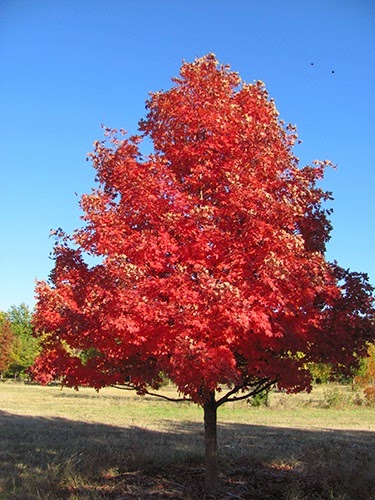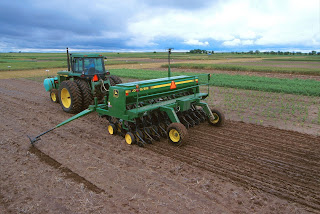Kansas Aims to Increase Livestock Disease Traceability
Barrett Simon, Livestock Agent
The phrase “too many chiefs and not enough
Indians” is sure to flood us all with memories of different projects, tasks,
and events that we have been a part of that probably wasn’t truly
effective. Yet, at the other end of the
spectrum, when great leaders come together with a common goal, special things
can happen. I think that is exactly what
the stage is set for across our great state as Cattle Trace kicks off,
beginning efforts to form a state animal disease traceability program in
Kansas.
Organizations like the Kansas Department of
Agriculture, Kansas State University, the Kansas Livestock Association, alongside
of Governor Jeff Colyer, have teamed up with local level producers to begin
this pilot program, which will hopefully expand to a national level in the
future. Kansas represents every sector
of the beef industry and ranks among the nation’s best in terms of total
cattle. With a collections of great
minds leading the way, we are set up for a perfect scenario not only to
implement an effective traceability program, but also to break the ice for a
national biosecurity and protection plan to come to fruition.
Kansas is fortunate to have received state and
federal funding to begin this project.
From producers and sale barns all the way through the feedyards and
packers, operators will have the chance to take part. As opposed to rules and regulations being
handed down from Washington, this is our opportunity to implement animal
disease traceability (ADT) in a producer driven manner. The hope is to begin by tagging 55,000 head
in the remainder of 2018. Producers will
receive tags at a reduced rate for participating in the pilot program.
Neil Bouray of Mankato Livestock and Sylvan
Sales shared several reasons why it was imperative that this be a program which
is ultimately run by the producers. “For the cow/calf man that hasn’t
participated, officials may show up and tell you to gather the cows for testing
that very day; it doesn’t matter that they were AI’ed and turned out a week
ago. Originally the program was designed
to have sale barns tag every head that comes through the ring. By the time these markets invest twice the
man power and three times as many hours (for no additional profit), many
markets would be out of business in no time. It’s a great opportunity for feed
yard managers to place readers at the load out, working facility, really wherever
it is handiest to them. At the end of
the day, these modifications make it way easier not only for the producers to
participate, but for ADT to become a reality” says Bouray.
This program really picked up steam after a
December 2017 vote by KLA members to
amend a policy supporting mandatory cattle
disease traceability across all ages of cattle.
Kansas Livestock Association’s CEO, Matt Teagarden was quoted in the Stock Exchange reiterating the
excitement among KLA staff and members to implement a program that is sure to
provide long term protection of our livelihoods. This is an opportunity to provide security on
an issue which has been a recognized concern for some time, according to
Teagarden.
We are all aware of the importance of
consumers to our industry. While being
proactive and building a sustainable model for protection, it is the hope that
this effort will also instill further trust in these consumers that our
industry is continuing to take steps toward creating a safe and wholesome food
source.
For more information about the Cattle Trace
project, go to cattletrace.org or contact the program coordinator, Cassie Kniebel,
at info@cattletrace.org or
785-564-7446.
Post Rock Extension District of
K-State Research and Extension serves Jewell, Lincoln, Mitchell, Osborne, and
Smith counties. Barrett may be contacted at Barrett8@ksu.edu or by calling
Smith Center, 282-6823, Beloit 738-3597, Lincoln 524-4432, Mankato 378-3174, or
Osborne 346-2521. Join us on Facebook at “Post Rock Extension” along with our
blog site at postrockextension.blogspot.com. Follow us on Twitter
@KSRE_PostRock. Also remember our website is postrock.ksu.edu







